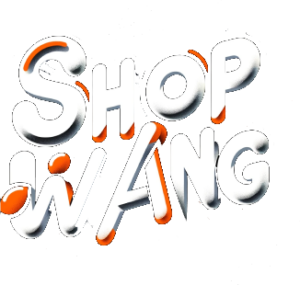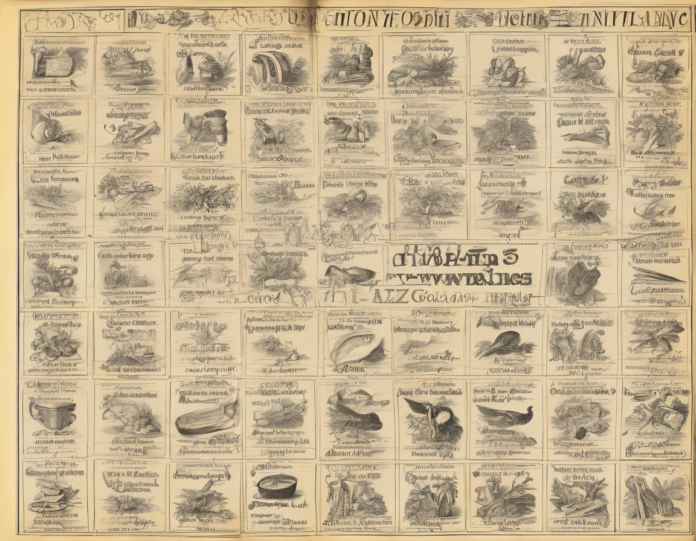Dictionary is an essential tool for anyone looking to improve their vocabulary, enhance their language skills, or simply find the meaning of a new word. In the digital age, access to dictionaries has become easier than ever, with many options available online and in the form of downloadable PDFs. In this comprehensive guide, we will explore the benefits of using a dictionary, the types of dictionaries available, and how to effectively utilize a dictionary to enhance your language proficiency.
Importance of Using a Dictionary
A dictionary is not just a book of definitions; it is a valuable resource that can help individuals in various aspects of their lives. Here are some key reasons why using a dictionary is important:
- Vocabulary Enhancement: A dictionary can help you expand your vocabulary by providing the meanings, pronunciation, and usage of words.
- Language Skills Development: Regular use of a dictionary can improve your reading, writing, and communication skills.
- Understanding Context: By looking up unfamiliar words in a dictionary, you can better understand the context in which they are used.
- Enhanced Learning: Students can benefit greatly from using a dictionary to clarify concepts and terms in their coursework.
- Improving Overall Knowledge: A dictionary can provide information on a wide range of subjects, helping you broaden your knowledge base.
Types of Dictionaries
There are several types of dictionaries available, each catering to different needs and preferences. Here are some common types of dictionaries:
- Monolingual Dictionary: Provides definitions, pronunciation, and usage examples of words in a single language.
- Bilingual Dictionary: Translates words from one language to another, helping users learn or understand foreign languages.
- Thesaurus: Lists synonyms and antonyms of words, aiding in writing and expanding vocabulary.
- Illustrated Dictionary: Includes pictures or illustrations to aid in understanding the meanings of words.
- Medical Dictionary: Focuses on medical terminologies and definitions for healthcare professionals and students.
- Legal Dictionary: Contains legal terms and their definitions for individuals in the legal field.
How to Effectively Use a Dictionary
To make the most out of your dictionary and maximize its benefits, consider the following tips:
- Look Up Pronunciations: Pay attention to phonetic spellings to improve your pronunciation.
- Understand Word Forms: Note if a word is a noun, verb, adjective, etc., to use it correctly in sentences.
- Use Example Sentences: Check how the word is used in a sentence to understand its context.
- Explore Synonyms and Antonyms: Thesaurus entries can help you discover similar or opposite words.
- Learn Etymology: Understand the origin and history of words to remember them better.
- Refer to Usage Guides: Some dictionaries include usage notes to help you use words appropriately.
Frequently Asked Questions (FAQs) About Dictionaries
Q1: Why should I use a dictionary when I can just Google the meaning of a word?
A: While online resources are convenient, a dictionary provides comprehensive information in one place and can improve your vocabulary retention.
Q2: Can a dictionary help me improve my writing skills?
A: Yes, a dictionary can provide synonyms, antonyms, and examples of word usage, which can enhance your writing style and vocabulary.
Q3: Are there dictionaries specifically designed for certain professions or fields?
A: Yes, there are specialized dictionaries for various fields such as medicine, law, engineering, etc., which provide terminology relevant to those industries.
Q4: How often should I use a dictionary to see improvements in my language skills?
A: Regular use of a dictionary, especially when encountering unfamiliar words, can gradually enhance your language proficiency over time.
Q5: Can dictionaries help with learning a new language?
A: Bilingual dictionaries are excellent tools for language learners as they provide translations and explanations of words in multiple languages.
In conclusion, a dictionary is a versatile tool that can benefit individuals of all ages and professions. Whether you are a student looking to excel in academics, a professional seeking to enhance your language skills, or simply someone interested in expanding your knowledge, a dictionary is a valuable resource to have at your disposal. By understanding the different types of dictionaries available and learning how to effectively utilize them, you can enhance your vocabulary, improve your language skills, and broaden your understanding of the world around you.


Recent comments